The political landscape of Costa Rica is undergoing a significant transformation as President Rodrigo Chaves orchestrates a strategic Cabinet reshuffle, signaling a pivotal focus on the upcoming 2026 general election.
A sweeping wave of resignations saw six key ministers and the nation’s vice president step down, marking the final day of eligibility for officials intending to compete in the highly anticipated 2026 electoral cycle.
Amidst widespread speculation that he might also resign to bolster his party’s electoral prospects, President Chaves firmly dismissed these rumors, reaffirming his commitment to serving his full term as president.
Chaves asserted that his administration’s robust public support makes it unnecessary for him to lead the campaign directly, expressing confidence in the strength of his political movement.
Among the high-profile officials stepping down are Vice President Stephan Brunner and ministers overseeing crucial portfolios such as treasury, planning, housing, and women’s well-being, underlining the scale of this political maneuver.
While their specific candidacies remain unconfirmed, these departing individuals are widely expected to seek roles within the Sovereign Peoples Party, aligning with President Chaves’s vision for future political influence.
President Chaves openly articulated his ambition for his party to secure a supermajority in Congress, a strategic move he believes is essential for enacting profound legislative changes.
These proposed reforms include a comprehensive security agenda aimed at tackling rising homicides and significant amendments to existing labor laws, which have previously faced considerable opposition within the legislative body.






Leave a Reply